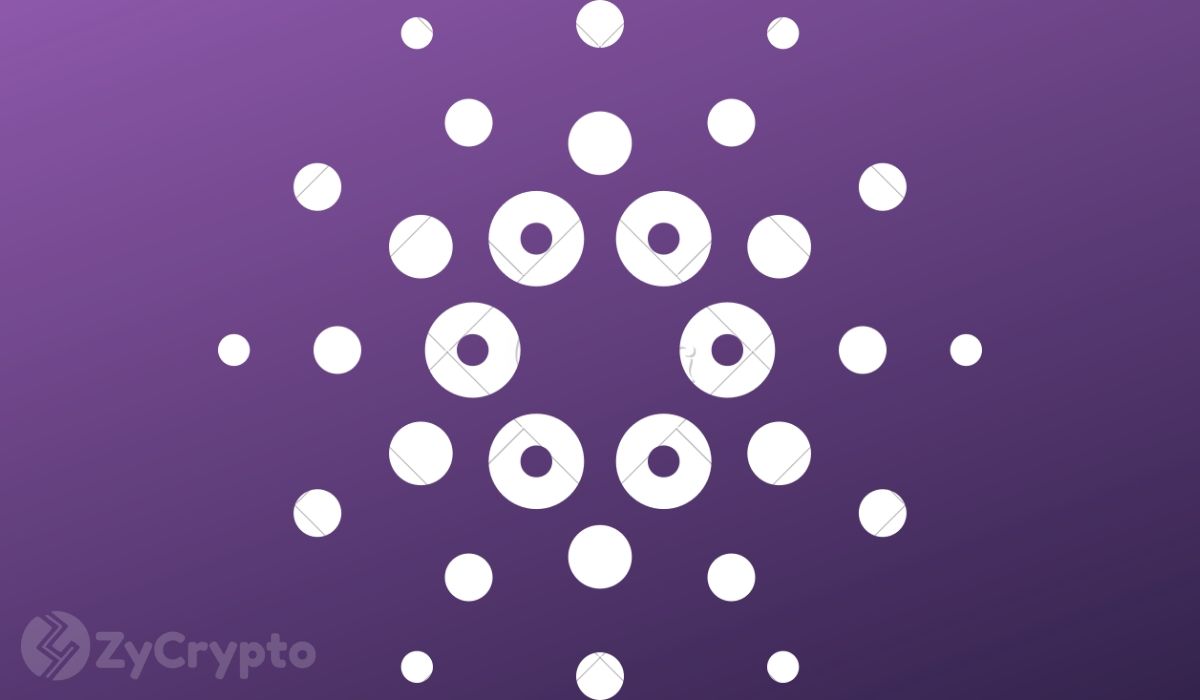2018-11-6 02:39 |
A team of developers has created a new blockchain privacy model called Zero-Knowledge Executions, or, more briefly, ZEXE. The model is detailed in a paper written by researchers at UC Berkeley, Zcash, Cornell Tech, and Johns Hopkins University.
Although ZEXE “isn’t exactly Ethereum,” as one of the developers puts it, the model does have specific applications that may prove to be useful. It essentially allows particular programs to be run privately in a way that most blockchains cannot currently handle.
How It WorksBeginning with the advent of Ethereum, blockchain platforms began to take on the task of running decentralized applications. Many competing platforms followed Ethereum’s example, including EOS, NEO, and Cardano. However, blockchains generally execute programs by using public smart contracts that reveal the state of the program itself, meaning they are not very private.
ZEXE solves this problem by allowing executions to be performed privately through the use of offline computations. This method produces transactions that keep a computation’s data private, while at the same time verifying a computation’s correctness:
“Users can execute offline computations and subsequently produce transactions, attesting to the correctness of these computations…First, transactions hide all information about the offline computations. Second, transactions can be validated by anyone in constant time, regardless of the offline computation.”
ZEXE builds on zero-knowledge proofs, which were initially introduced in privacy coins like Zcash in order to keep transactions private but verifiable. ZEXE also expands on recursive proof composition, which are proofs that rely on other proofs — this has been applied in other projects as well.
ApplicationsOne of ZEXE’s creators, Ian Miers, has explained the capacities of the model on Twitter. According to Miers, ZEXE can be used to create “private tokens, smart contracts, and maybe even a DEX.” Furthermore, it can be extended to cover a wide range of purposes:
With ZEXE, you can do smart contracts. But you can do simpler things. An ERC20 style token doens't need a full smart contract or a global state table (which would be a privacy nightmare). This avoids a lot of problems.
— Ian Miers (@secparam) October 14, 2018
One possible use for ZEXE is asset trading and management. The paper notes that in these situations, privacy is “particularly valuable, given the monetary advantage that information asymmetry provides traders.” For example, someone could use ZEXE to automate or limit their financial practices without revealing precise details.
However, ZEXE is a very basic platform: according to Miers, it can be thought of as a “zkSNARK-based micro-kernel” or “a private OS” for the blockchain. In other words, ZEXE does not have many of the built-in features that Ethereum or EOS might offer.
Meanwhile, more accessible privacy tools, such as Arbitrum, Shadoweth, and Enigma, also exist as extensions of existing blockchains. As a result, ZEXE will probably be useful in limited scenarios and may not carry mass appeal.
The post Developers from UC Berkeley, Zcash, and Others Boost Blockchain App Privacy with New ZEXE Protocol appeared first on UNHASHED.
origin »Bitcoin price in Telegram @btc_price_every_hour
Zcash (ZEC) íà Currencies.ru
|
|






